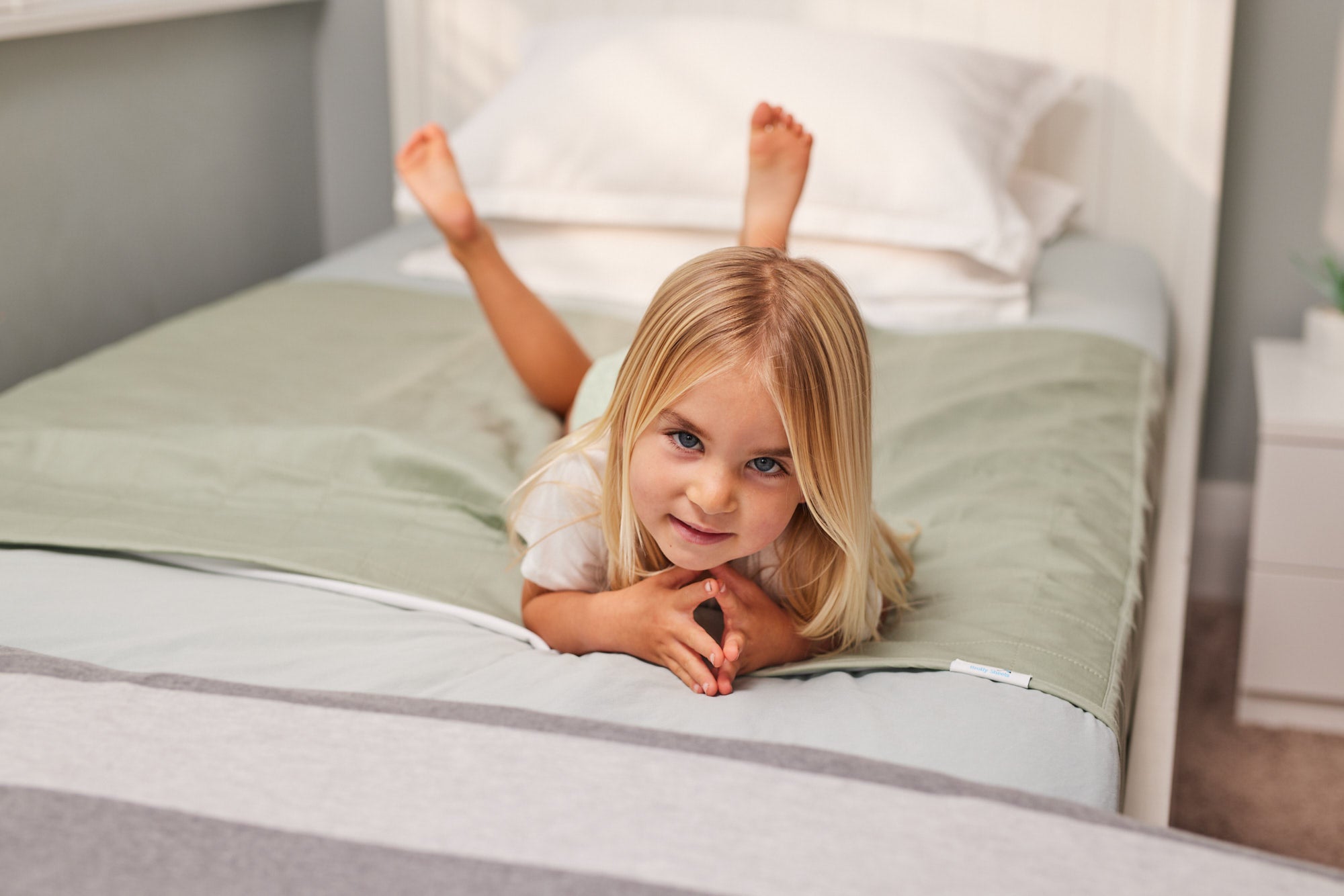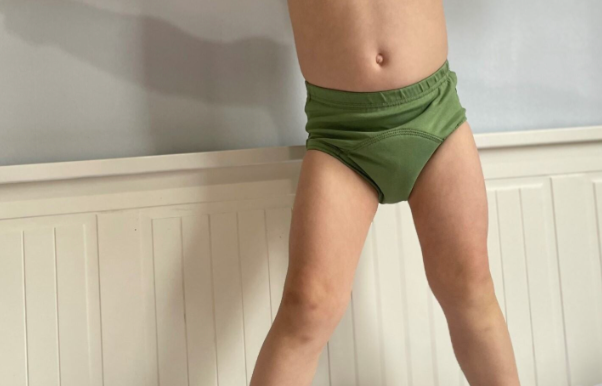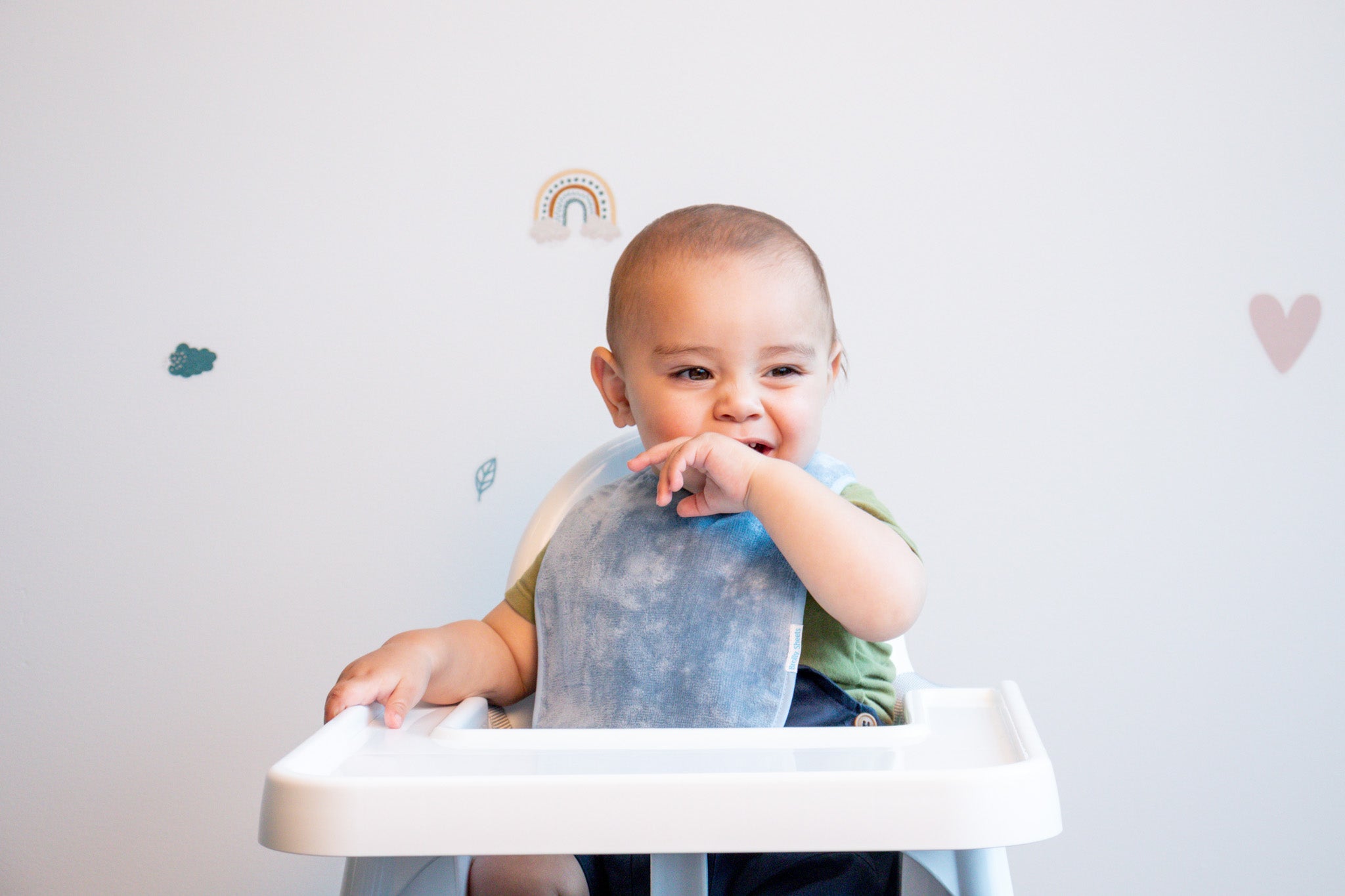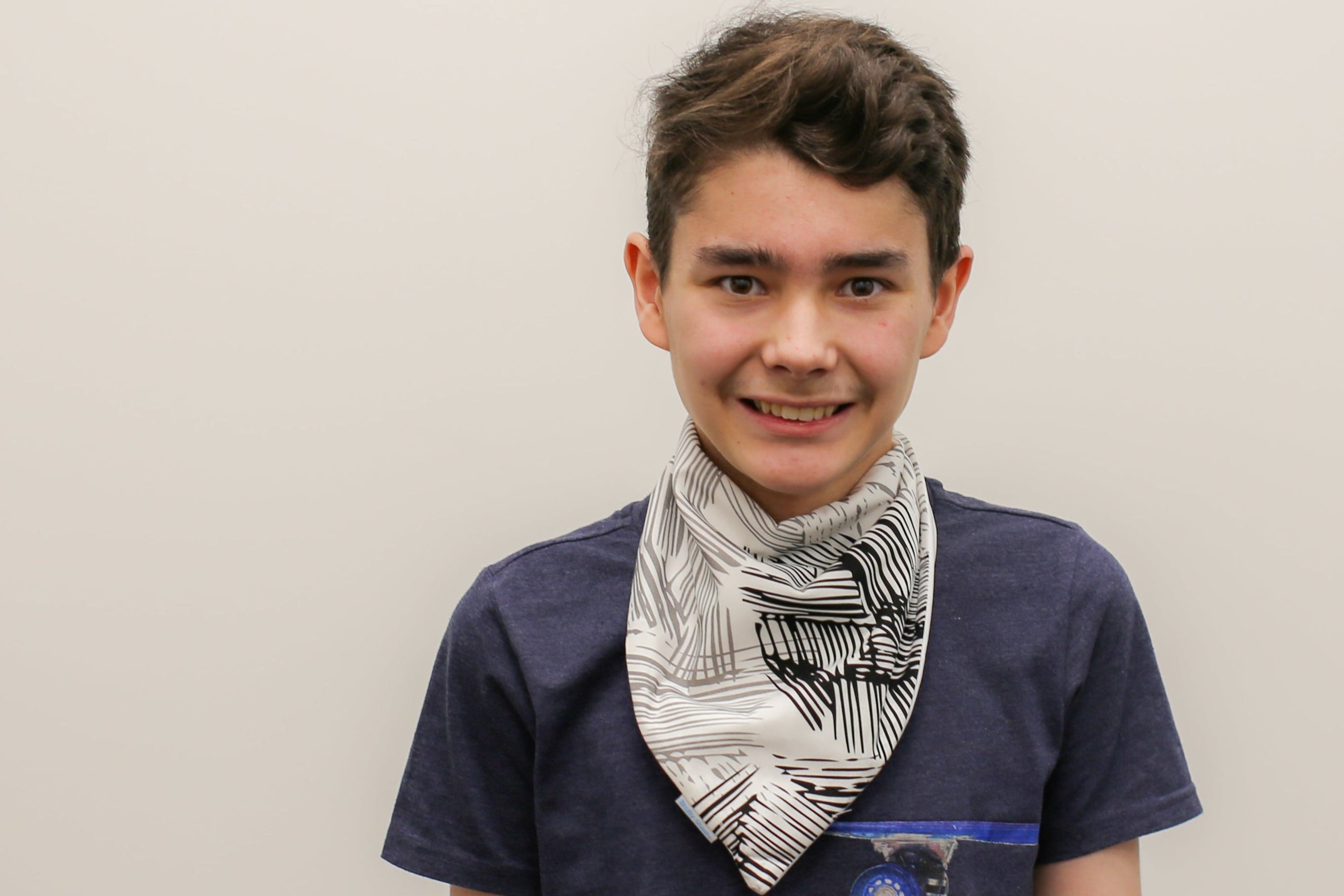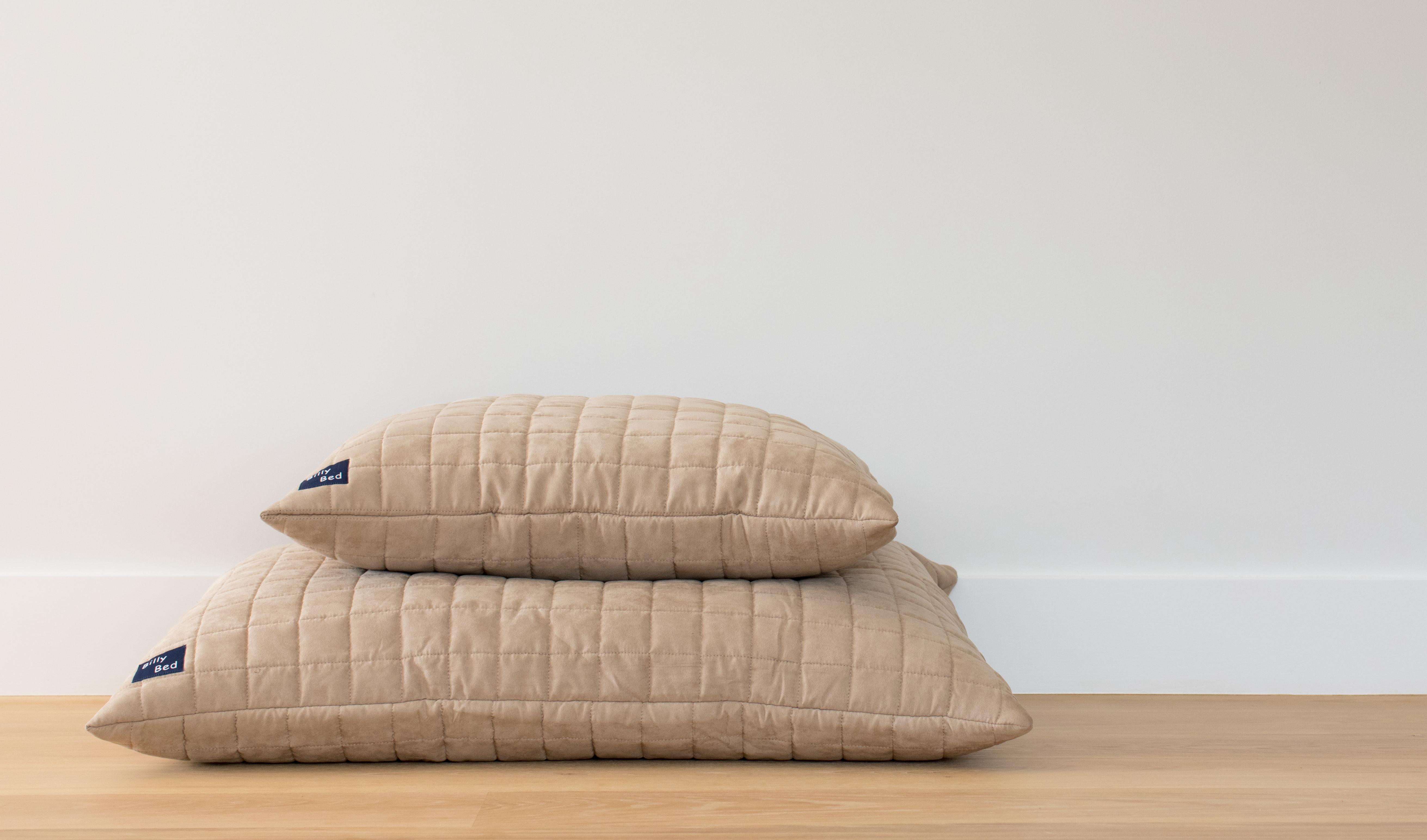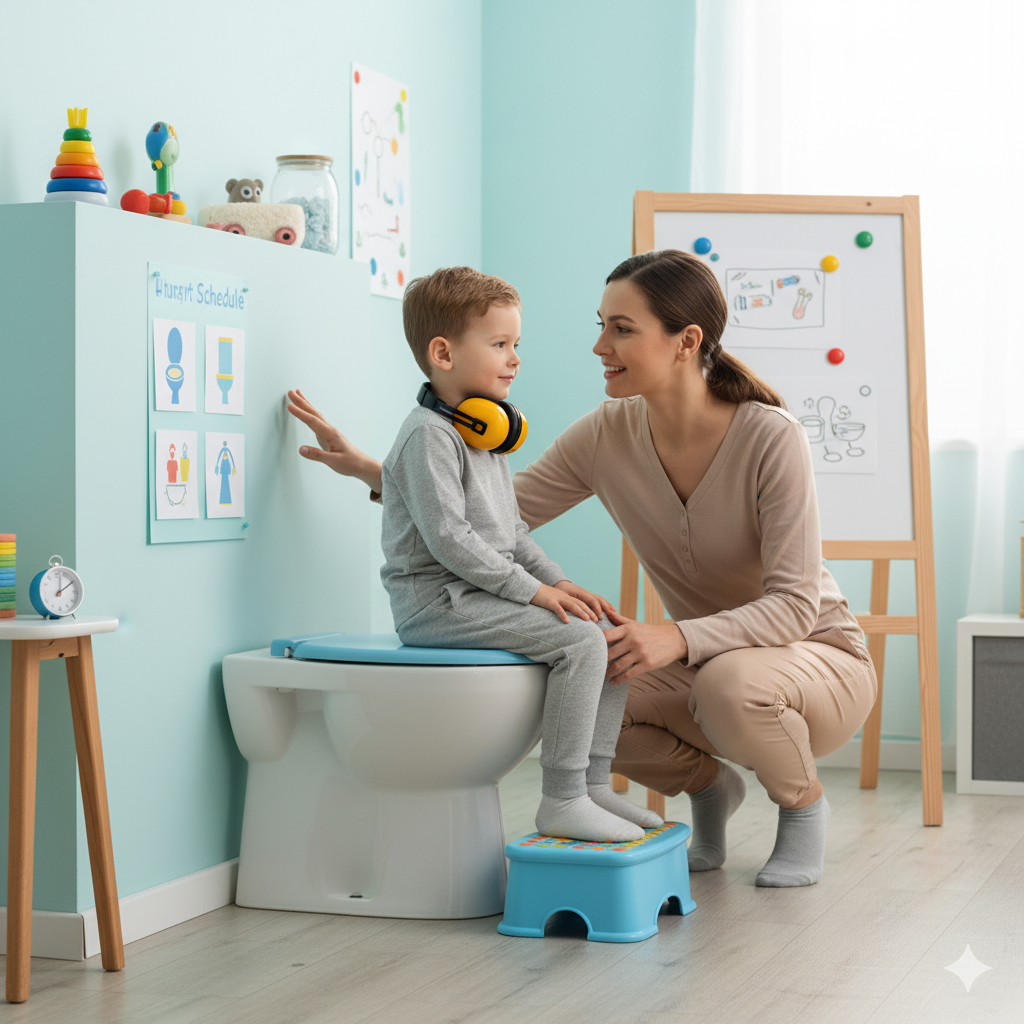
Toilet Training for Neurodiverse Children – Tips and Expert Advice for Parents
Toilet training is a big milestone for every child, but it can come with unique challenges when your child is neurodiverse. We spoke with Paediatric Occupational Therapists and Physiotherapists from Paediatric Occupational Therapy & Physiotherapy. They’ve shared their insights to help parents feel more prepared, supported, and confident on the journey.
What Makes Toilet Training Trickier for Neurodiverse Kids?
- Constipation
- Toilet refusal and sensitivities
- Understanding body cues
- Heightened emotional responses
- Sensory processing difficulties, such as sensitivity to light, sound, smells, or textures (eg, hand dryers, flushing toilets)
- Motor skills and balance
How Do You Know If Your Child’s Ready?
Toilet training works best when it’s child-led, which for many children is closer to age 3 rather than 2. Readiness can look like:
- Dressing and undressing without help
- Understanding simple one- to two-step instructions
- Sitting on a chair independently
- Recognising when they’ve urinated or had a bowel movement in their nappy
- Showing bodily awareness, such as squirming, seeking privacy, or communicating the need to go
- An interest in toileting itself
Simple Strategies That Can Really Help
- Support bowel health first, aim for soft, daily bowel movements without straining
- Use a toilet seat insert and footstool (knees higher than hips), or start with a potty
- Encourage boys to sit when learning to wee
- Talk openly about wees and poos, and read fun books on the topic
- Keep language positive – avoid “yuck” messages
- Let your child observe others (open toilet door policy)
- Ensure good water intake and fibre in their diet
Supporting Your Child Without Stress or Pressure
- Avoid starting during other big changes (eg, moving house, new sibling, daycare transition)
- Praise effort and attempts, not just success
- Use rewards or star charts to encourage progress
- Call mistakes “leaks” rather than “accidents” to support a positive mindset
- Never show disappointment or punish during training
- Build routines (eg, sitting on the toilet after meals, every 2 hours during the day)
- Point out toilets when you’re out and about to normalise using them in different places
When It Might Be Time to Ask for Extra Help
Families can reach out to:
- Occupational Therapists or Physiotherapists who specialise in bowel and bladder health
- GPs, Paediatricians, or Gastroenterologists for bowel movement or constipation issues
Helpful Resources
About the Authors
This article was written by:
- Merryn Robertson, Physiotherapist
- Sally Parton, Physiotherapist
- Ursula Gee, Occupational Therapist

